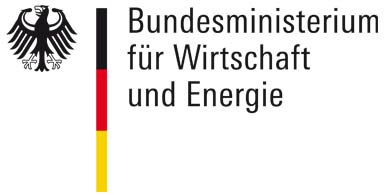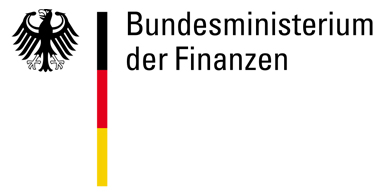News
Kiel Institute for the World Economy expands research on Africa

"The opportunities that Africa offers are still hardly perceived in Germany," said Kiel Institute President Gabriel Felbermayr, "yet the population there is growing, while it is shrinking in Europe. Per capita income is rising, and the continent has also made enormous progress in the areas of education and healthcare. The young population and the urban middle class, which is growing particularly fast, can generate a significantly increasing demand for imported consumer goods—also from Germany. The demand for capital goods is also rising. But Germans are hardly aware of these positive developments, while investors from Asian countries have long since recognized the opportunities. In the last 15 years, Africa has increasingly come into their focus and has also become much more important as a trading partner for these countries."
In Germany, however, economic research on Africa is highly fragmented and is therefore little noted by the relevant stakeholders outside academia. Against this backdrop, the Economic Cluster Africa Research (Wirtschaftswissenschaftlicher Cluster Afrikaforschung; WCA) will bring together important research topics and a critical mass of researchers working on policy-relevant topics. It will establish, in Germany, independent and highly visible economic research on Africa in the medium term, dealing with entrepreneurial potential, trade, and investment policy. It will cover macroeconomic issues, advise policy makers, and involve African partners.
Funded by the German Federal Ministry for Economic Affairs and Energy and the Federal Ministry of Finance, the research cluster will be based at the Kiel Institute and headed by Professor Rainer Thiele. The project will finance seven doctoral students and three post-doctoral researchers for an initial period of two years.
"The interdisciplinary exchange is hugely important. Economic aspects cannot be thought of in isolation. Security, for example, is a basic prerequisite for successful and sustainable economic development, and development policy is often closely intertwined with economic policy in the narrower sense—for example, when it comes to creating good conditions for foreign direct investment," said project head Thiele. "Africa is a complex continent of 54 countries with enormous geographical, climatic, cultural, and social diversity. Knowledge of facts and interrelationships is crucial for seizing potential growth opportunities and for collaborating successfully with African partners."
The first interim results of the joint research are to be presented at a workshop at the end of this year.
Funding



